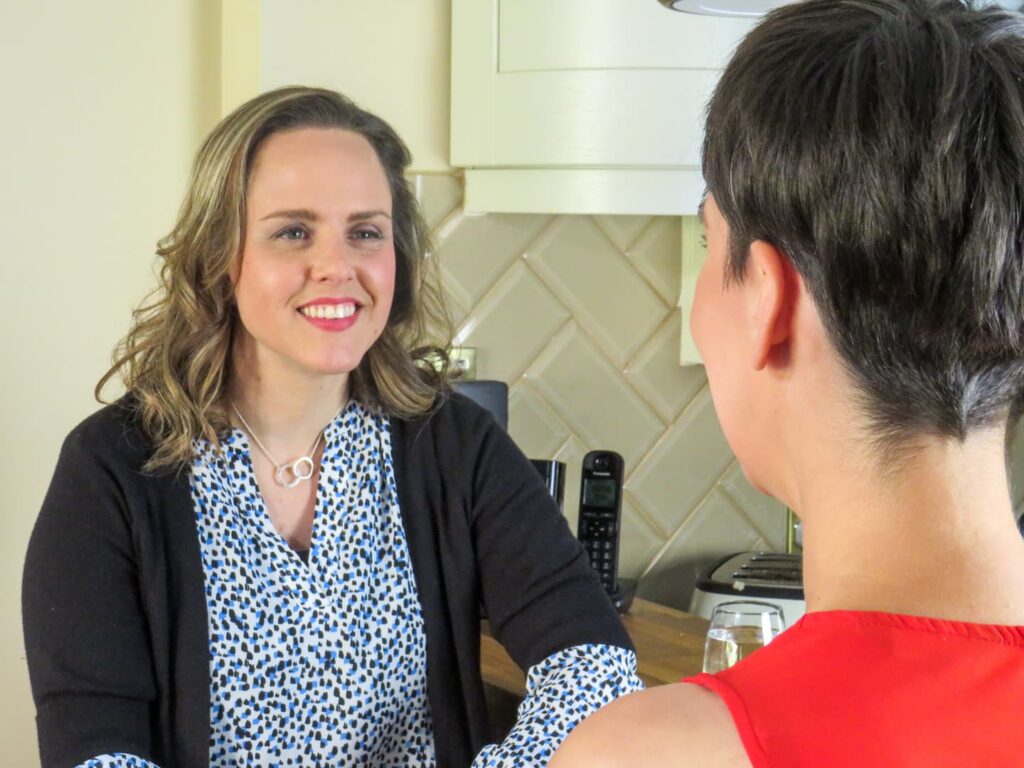Workplace psychology techniques are vital to have, particularly if you work in challenging situations where things can go quickly ‘wrong’.
A key to getting through these moments is to avoid a downward spiral with your colleagues. You can do this by switching the ‘negative’ of any situation into an ‘opportunity’. This will save wasted time, making you both far more productive.
This approach will build your resilience, one of the most important workplace psychology techniques for productivity. Missing a promotion, getting a poor review, let alone the real challenges of ill health are real. But something happening to you or a close loved one are never immediate ‘gifts’.
However, as an Executive Coach, I know that how you choose to handle them and grow through the challenge is a gift. Plus, because we are often handed many ‘challenges’, it’s an opportunity professionals, particularly women in STEM, can use to their advantage.
Think through how you’d answer these questions.
1. For mental resilience, ask what would be worse than your ‘greatest fear’.
We often talk about ‘worst fears’. However, sometimes they are relatively trivial, and even these can still create an opportunity or a gift for you. This was particularly clear to me when working with an Afghani professional woman as a coaching client. They escaped the Taliban with her family.
Afsoon was now building her career in the UK, which focused on supporting others remaining in Afghanistan. I was reminded of the importance of this mental resilience mindset, even in the most challenging situations. This young mother was now facing plenty and miles away from her home. Plus she’s now leading a team that was remotely providing online educational resources to girls, still in the country, now deprived of school.
Afsoon illustrated this ‘what is the opportunity in this?’ mindset when speaking about a recent party to which she and her family had been invited at the home of a high-profile sponsor.
Her two-year-old son was charmed by all the beautiful objects he saw around him at the host’s home. As he toddled over towards a vase, the host exclaimed Afsoon should ‘take care’! The vase had been in the host’s family ‘for over 100 years’ and was no doubt dear to her.
2. What do you wish you could control but know you can’t?
Afsoon scooped up her son, laughing to herself. She explained to me that:
‘The vase was lovely, but it seemed so trivial to me – no one in my extended family has anything left! As long as my family is safe I have everything.’
We talked about her mental resilience and the meaning for her in this and Afsoon was reflective saying:
‘Before the Taliban returned, I likely would have reacted the same way as my host, but now, I’m attached to nothing! It’s actually freeing and keeps me focused on what matters most. Compared to so many, I’m the lucky one as I got out and no one in my family perished.’
3. What would it give you to know what you can’t control and be okay with that?
For Afsoon, that party was a reminder of her ‘gift’ – the safe escape of her family and the meaningful work she was now doing in England. She appreciated these workplace psychology techniques; explaining this perspective freed her from anxiety and reminded her of how much she couldn’t control.
She said:
‘This sponsor was hugely important to me, but my son didn’t touch the vase. Even if it had smashed to a million pieces, I know that I could survive fleeing Afghanistan, so I can survive anything.’
This mindset made Afsoon more valuable and productive with her team. After all, most had gone through similar terrors as they left Afghanistan.
What have you survived? Probably more than you think.





